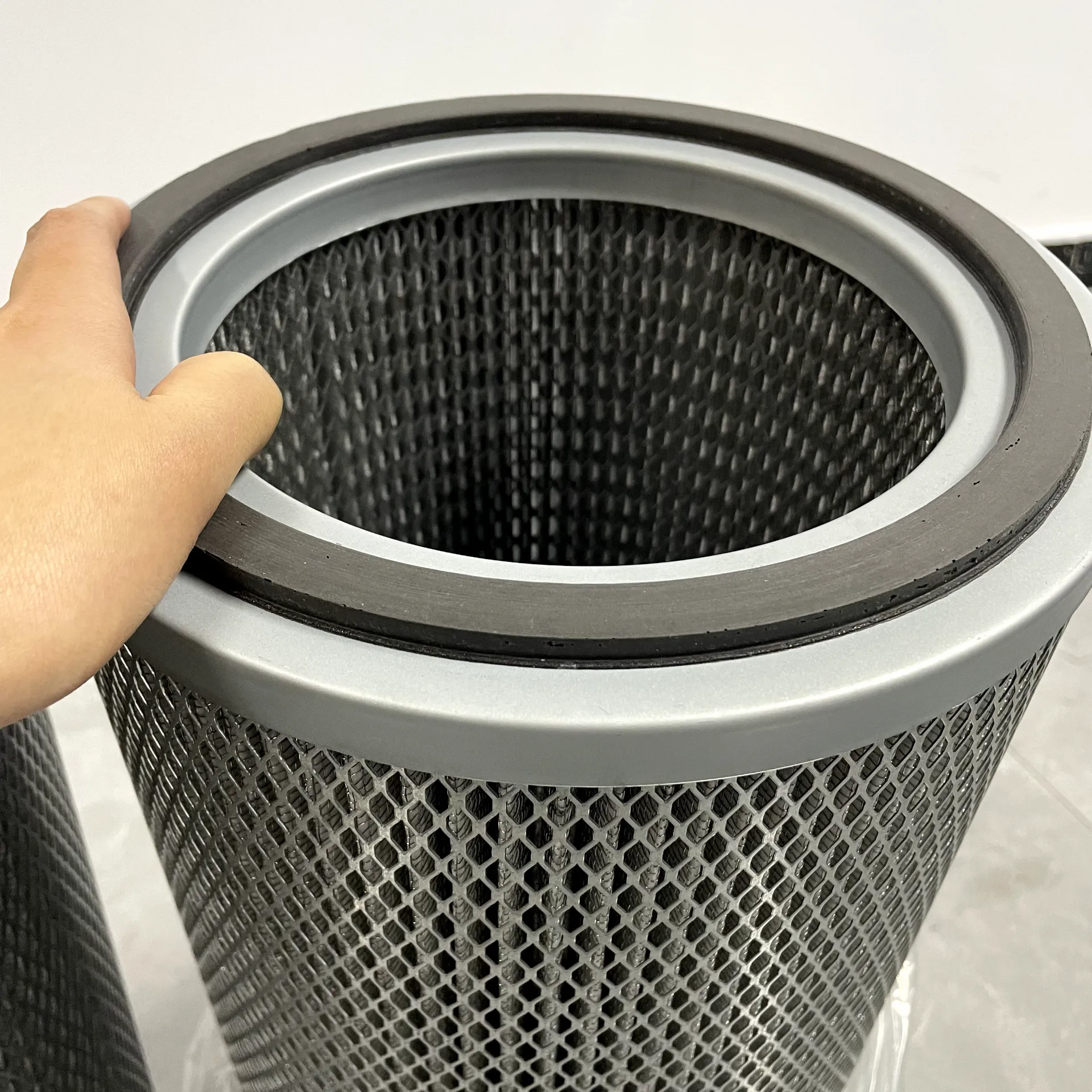 Tel:
+8615930870079
Tel:
+8615930870079
نوفمبر . 09, 2024 21:42 Back to list
Efficiency of Turbine Air Intake Filters in Enhancing Engine Performance
The Importance of Turbine Air Intake Filters
Turbine air intake filters play a crucial role in the overall efficiency and performance of gas turbine engines, which are widely used in power generation, aviation, and industrial applications. The primary function of these filters is to clean the air that enters the turbine, ensuring that contaminants such as dust, dirt, and other particulate matter do not compromise engine performance. This article discusses the significance of turbine air intake filters, their types, maintenance, and their impact on turbine efficiency and longevity.
Understanding Turbine Air Intake Filters
Gas turbines are engineered to operate in various environments, including those with airborne contaminants. Without adequate filtration, these engines can suffer from performance degradation, reduced efficiency, and potential damage. Turbine air intake filters serve as the first line of defense, capturing harmful particles and allowing only clean air to enter the combustion chamber. This process is vital, as the air-fuel mixture directly affects the combustion process's efficiency and, subsequently, the engine's overall performance.
Types of Turbine Air Intake Filters
There are several types of air intake filters used in turbine applications, each designed to address specific contamination issues
1. Panel Filters These are commonly used in many industrial applications. They are built with a pleated design to maximize surface area, allowing for efficient airflow while trapping particulates.
2. Bag Filters Known for their high dirt-holding capacity, bag filters are often utilized in environments with higher levels of contaminants. They are effective in both capturing particles and maintaining airflow.
3. Vane Filters Vane filters are designed to separate larger particles through inertial separation. They often serve as pre-filters in multi-stage filtration systems, which further enhance air quality.
4. Centrifugal Filters These utilize centrifugal force to separate contaminants from the airstream. They are highly efficient but may require more maintenance and periodic cleaning to ensure their effectiveness.
5. HEPA Filters High-Efficiency Particulate Air (HEPA) filters are a critical option for environments requiring extreme cleanliness. They capture small particles, ensuring the air entering the turbine is as clean as possible.
turbine air intake filters

Maintenance of Air Intake Filters
The performance of turbine air intake filters is directly dependent on proper maintenance. Regular inspection and cleaning or replacement of filters are necessary to ensure optimal performance. A clogged or dirty filter can lead to reduced airflow, resulting in a decrease in engine efficiency and increased fuel consumption. Manufacturers typically provide guidelines on the frequency of maintenance based on the operating environment and usage patterns.
To maintain filters effectively, facility managers should
- Inspect filters regularly Check for signs of dirt accumulation and degradation, particularly in environments with high dust or pollutant levels. - Implement a cleaning regime For reusable filters, develop a cleaning schedule that minimizes downtime while ensuring efficiency.
- Replace filters as needed Understand when to replace filters to prevent performance drops and ensure continued engine protection.
Impact on Efficiency and Longevity
The installation and maintenance of quality turbine air intake filters directly affect engine efficiency and longevity. Clean air entering the combustion chamber enhances combustion efficiency, leading to better fuel economy and reduced emissions. Moreover, by minimizing wear and tear on engine components due to contaminants, filters contribute to the longevity of the turbine.
Failure to implement adequate filtration can lead to devastating consequences, including increased operational costs, unscheduled downtime for maintenance, and even catastrophic engine failures, which can be costly both in terms of repair and loss of productivity.
Conclusion
Turbine air intake filters are an essential component in the management of gas turbine performance and longevity. By ensuring that engines receive clean air, these filters contribute significantly to operational efficiency, reduced environmental impact, and overall reliability. Proper maintenance and selection of appropriate filters can lead to substantial savings and a more sustainable operational approach in industries reliant on gas turbine technology. It is crucial for operators to invest time and resources in understanding the importance of air intake filtration in their turbine systems to maximize their potential benefits.
-
Types and Applications of Air Filtration CartridgesNewsJul.28,2025
-
The Role of Gas Turbine FiltersNewsJul.28,2025
-
Mastering Air Filter Cartridge UseNewsJul.28,2025
-
Advanced Turbine Filters for Modern Gas TurbinesNewsJul.28,2025
-
Cellulose Air Filter Cartridge Advantages in Dust FiltrationNewsJul.28,2025
-
Cellulose Filters for Air Particle ReductionNewsJul.28,2025

 Email:
Email:





